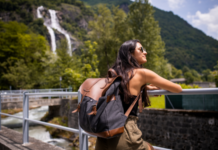Becoming a proficient traveler is a skill that isn’t inherent from birth; rather, it’s developed through practical experiences on the road. The journey to travel savviness is marked by missed buses, occasional lapses in judgment, cultural unfamiliarity, and a multitude of small blunders.
However, over time, you’ll find yourself navigating airports effortlessly and immersing seamlessly into foreign cultures, adapting as naturally as a fish to water.

Initially, making travel mistakes is a common occurrence. However, I aim to expedite your learning curve and steer you away from the pitfalls I’ve encountered (of which there have been quite a few). To aid you on your journey, I’ve compiled an extensive list of my top travel tips, spanning a wide array of topics. These insights have been gathered through my experiences as a nomad over the past sixteen years.
By incorporating these travel tips into your repertoire, you’ll not only save money but also enhance your sleep quality, venture off the well-trodden path more frequently, engage with local communities, and ultimately become a more adept and enlightened traveler.
So, without further ado, here are the best travel tips in the world:
1. Always pack a towel.
Carrying a towel is not only a common-sense practice but also a fundamental skill for successful galactic hitchhiking. You never know when you might require it, whether you’re at the beach, enjoying a picnic, or simply in need of drying off after a shower.
While some hostels may provide towels, it’s always uncertain, and packing a compact towel won’t significantly increase the weight of your bag.
Opt for a lightweight, quick-drying towel, as standard towels tend to be bulky, heavy, and slow to dry. This simple addition to your travel gear can make a world of difference.
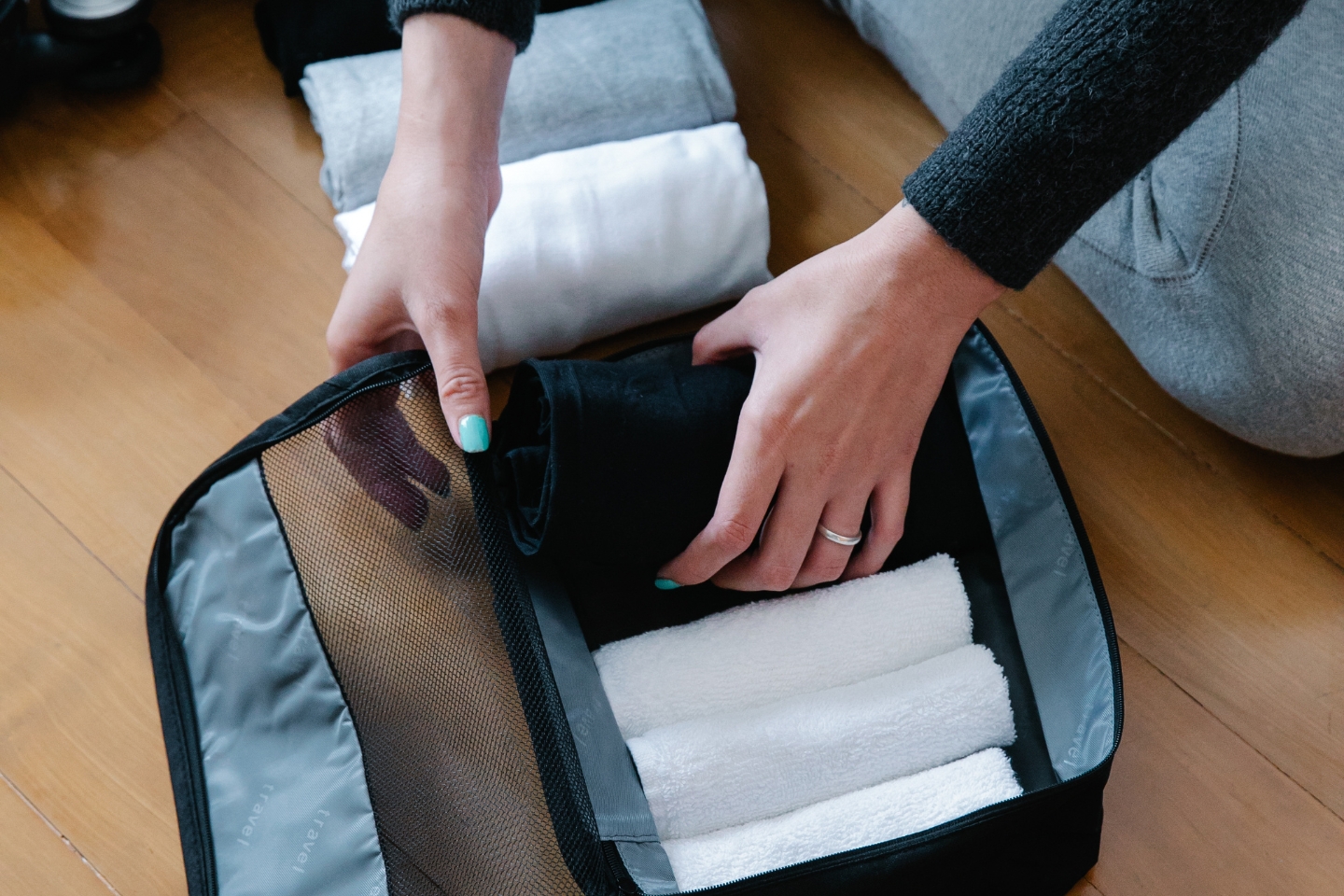
2. Use a small backpack/suitcase.
Investing in a compact backpack, preferably around 35/45 liters in size, will encourage you to pack efficiently and resist the temptation to overpack. It’s a common human tendency to want to fill available space.
Even if you initially pack light, having excess room in your bag may lead to the thought, “Well, I guess I can add more,” ultimately resulting in unnecessary items and added weight on your shoulders.
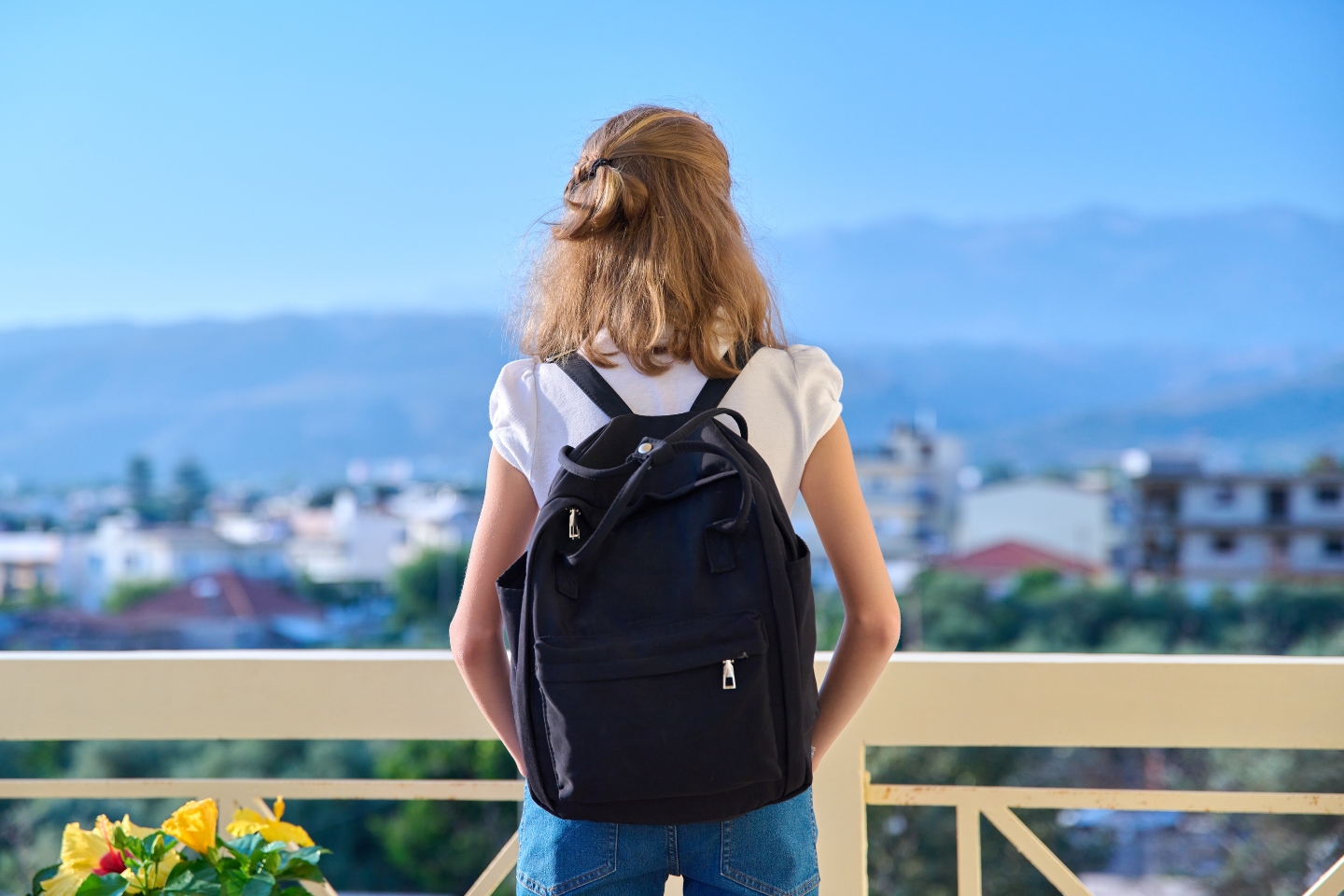
This principle also applies to suitcases. Avoid choosing an oversized suitcase, especially for long-term travel (short-term travel is more forgiving). Consider Level 8 suitcases; they offer durability, ample space, stylish design, and a reasonable price point (luggage can be quite expensive). Additionally, they feature a TSA lock integrated into the zipper for added security.
For efficient organization, packing cubes are highly recommended. These cubes come in various sizes, accommodating items of all dimensions. Whether you’re living out of a backpack for weeks or months or simply want to maintain order in your suitcase, packing cubes simplify the process of locating your belongings.
3. Pack light.
Create a checklist of essentials, then halve it, and pack only those items. Since you’ve opted for a compact backpack, as mentioned earlier, you won’t have much space for extras anyway!
Consider taking only half the clothing you initially planned – you’ll find that you won’t require as much as you might think. It’s perfectly acceptable to wear the same t-shirt for several days in a row.
4. But take extra socks.
Keep in mind that some of your items may get lost due to laundry mishaps, wear and tear, or outdoor activities, so it’s wise to pack a few extra. Take a couple more than your anticipated requirement – you’ll thank me later. There’s nothing quite like the comfort of putting on a fresh pair of socks!
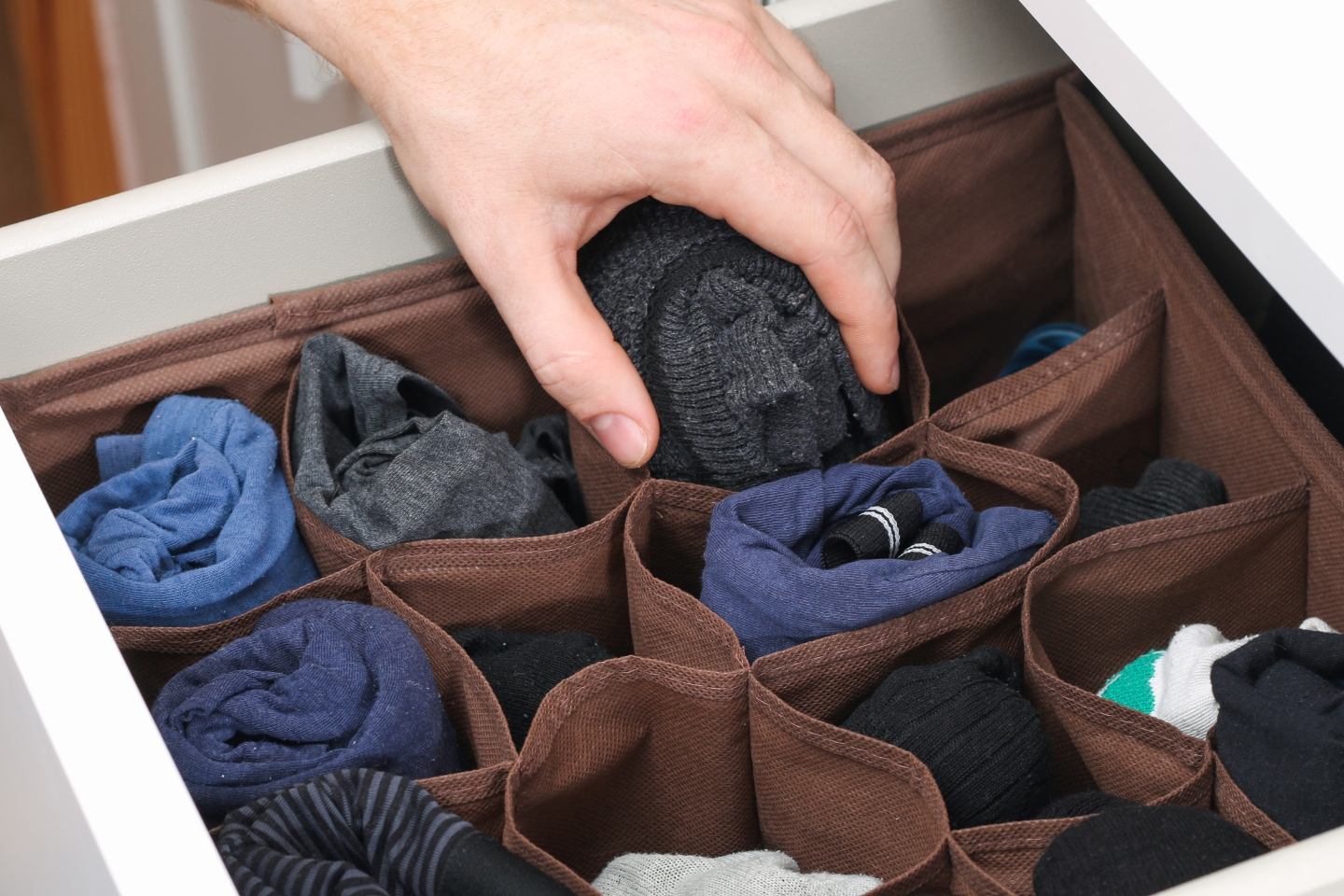
5. Stay in hostels.
Hostels are not only affordable but also excellent places to socialize, as they frequently host events and provide opportunities to meet fellow travelers. Moreover, hostel bars often offer reasonably priced beer.
When it comes to booking hostels, Hostelworld stands out as the top choice, boasting the largest selection, user-friendly search features, and the highest availability. Personally, I rely on Hostelworld for all my hostel reservations.
For those planning a backpacking adventure in Europe, consider getting a HostelPass card. It grants you access to discounts of up to 20% at hostels across Europe, helping you save money while staying in fantastic accommodations.

This card is continuously expanding its network of affiliated hostels, making it an even more valuable resource for budget-conscious travelers. It’s a long-awaited solution, and I’m delighted that it’s now available.
6. Take an extra bank card and credit card
Mishaps and unexpected events can occur while traveling, including theft or card-related issues. I experienced a situation where my card was duplicated and subsequently frozen, rendering it unusable for the remainder of my trip.
It’s crucial to avoid finding yourself in a foreign location without access to your funds. A friend of mine faced such a predicament and had to borrow money from me for several weeks while waiting for their replacement card to arrive.
To prevent such situations, having a backup card or access to emergency funds is a smart precaution.

7. Make sure to use no-fee bank cards.
Preserve your hard-earned money for your travel experiences rather than giving it away to banks. Opt for credit and debit cards that do not impose foreign transaction fees or ATM charges.
These seemingly small fees can accumulate significantly over the duration of a long trip, and by avoiding them, you’ll have more funds to enjoy your travels.
8. Don’t fly direct.
When booking flights, consider the option of flying into airports near your final destination and then using a train, bus, or budget airline to reach your intended location. To implement this strategy, first, check the direct flight prices to your destination. Next, compare these prices to those of nearby airports.
If the price difference is more than $150 USD, assess the cost of traveling from the secondary airport to your ultimate destination. This approach can often result in significant savings.
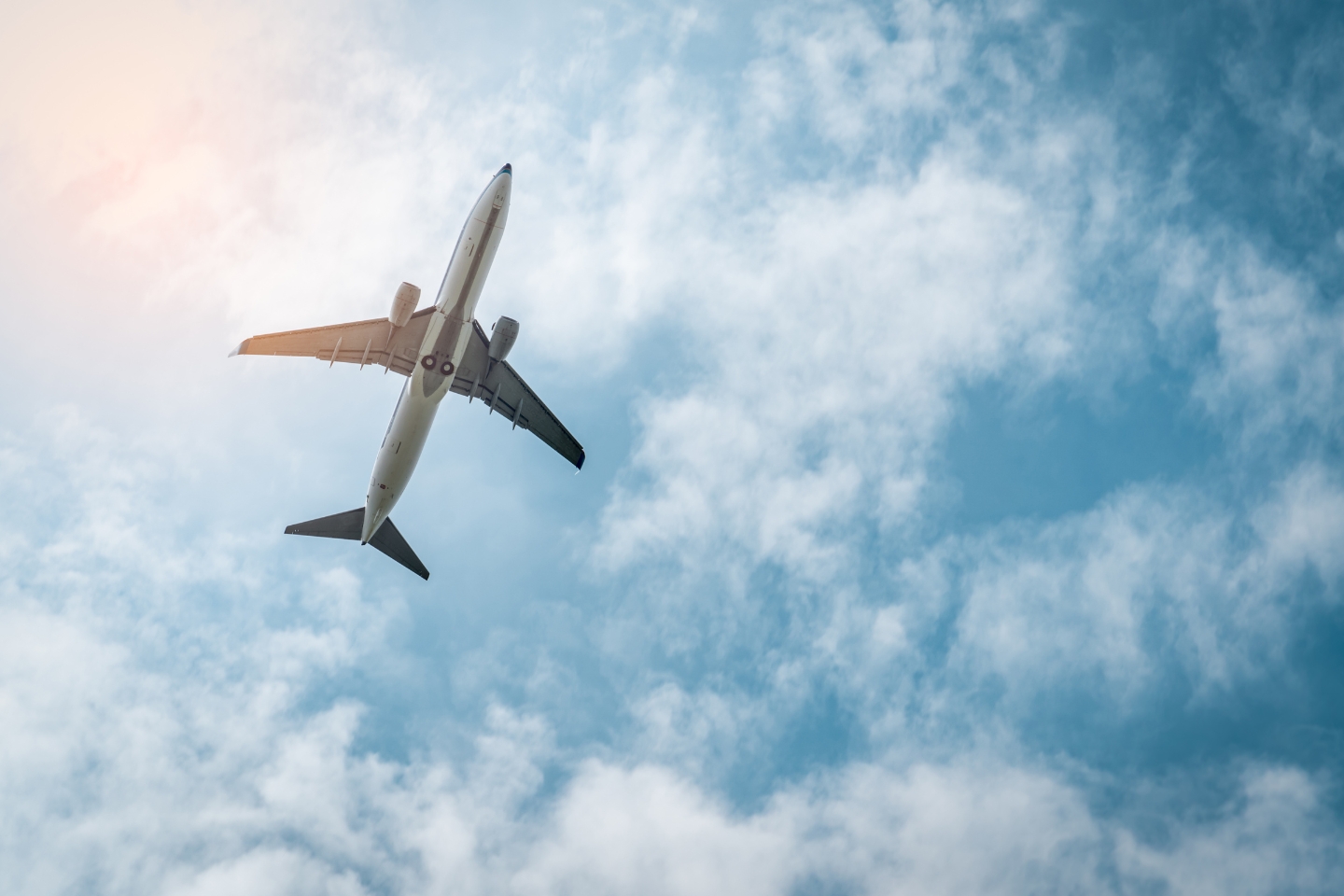
9. Travel by yourself at least once.
Traveling solo offers an invaluable opportunity for personal growth. While it may sound cliché, it’s undeniably true. Solo travel has taught me self-reliance, effective communication with strangers, and the ability to navigate unfamiliar scenarios confidently. This experience has fostered self-assuredness, self-discovery, and the freedom to act on personal desires.
While it may require an adjustment period if you’re new to it, I encourage you to embark on a solo journey at least once. Embrace discomfort and open yourself up to surprise. Pushing your boundaries in this way will equip you with essential life skills.

Read more: Solo travel – self discovery journey
10. Always visit the local tourism information center.
One of the most overlooked travel tips is utilizing tourism information centers. These centers possess comprehensive knowledge about local events, free activities, and special offers during your visit. They can provide valuable insights and even offer discounts on attractions and transportation.
Their primary role is to enhance your experience of the destination, and as a savvy traveler, you understand the value of this resource. It’s surprising how many travelers miss out on this opportunity, but you know better!
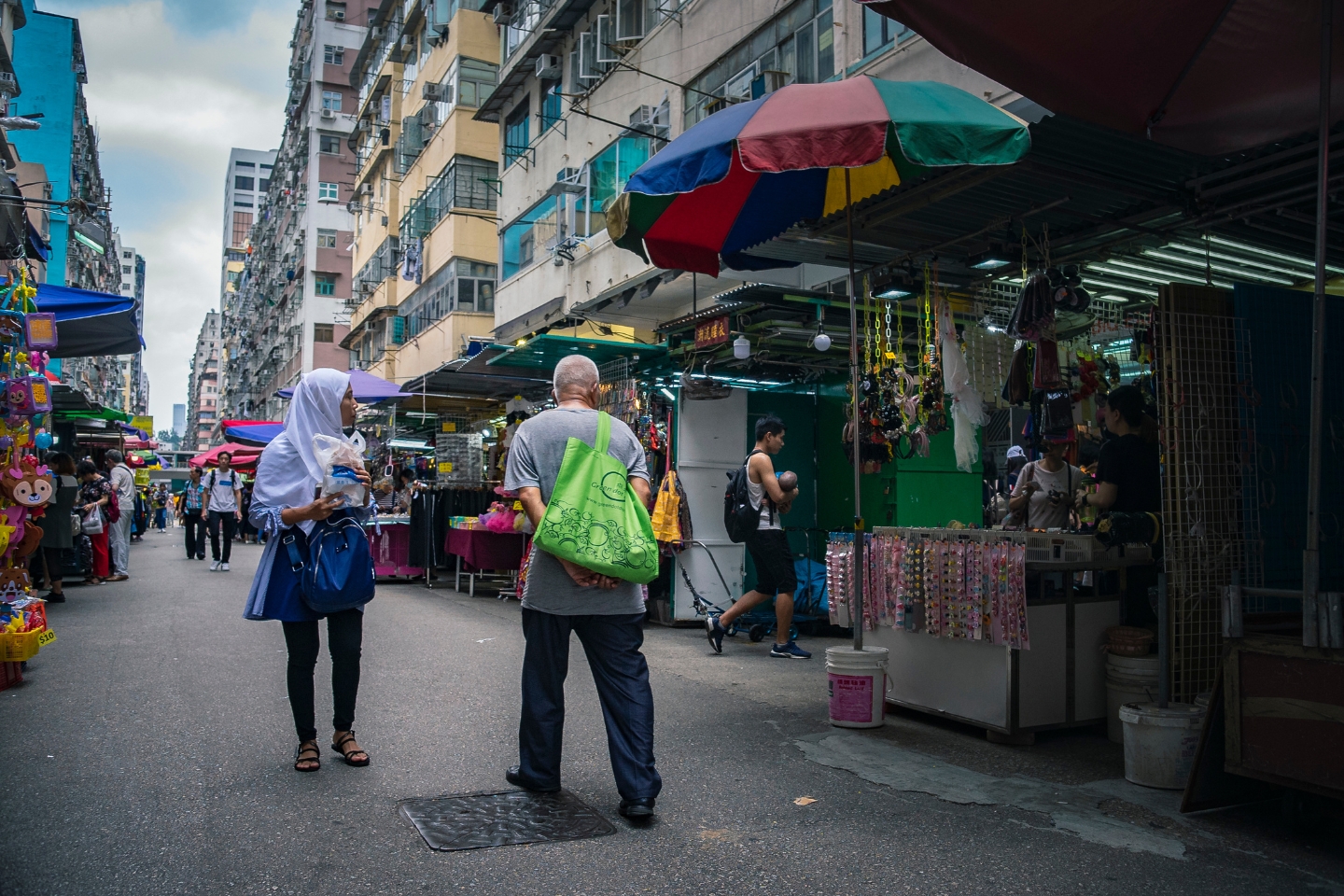
Conclusion
Traveling is a skill developed through experiences. Over time, you’ll adapt effortlessly to new cultures. These tips, collected from sixteen years of travel, will expedite your learning curve. Incorporate them to save money, enhance your travel experience, and become a more adept traveler.
So, pack a towel, use a small backpack, stay light, stock up on socks, choose hostels wisely, carry backup cards, avoid fees, explore nearby airports, embrace solo journeys, and visit tourism centers for an elevated travel experience.








